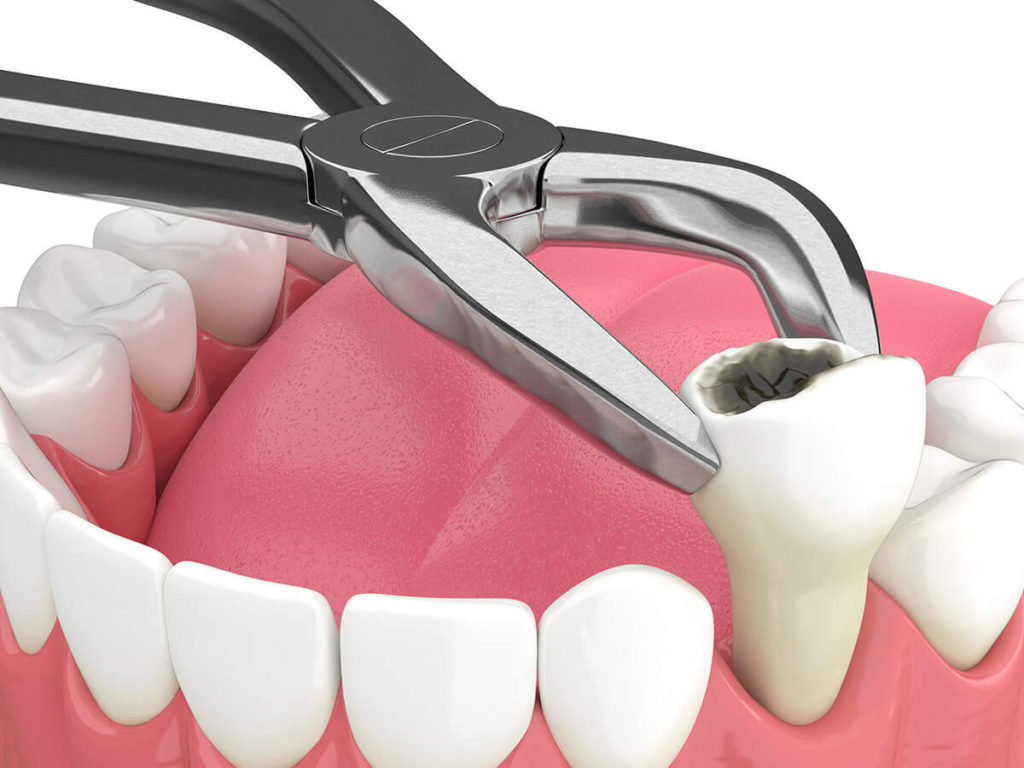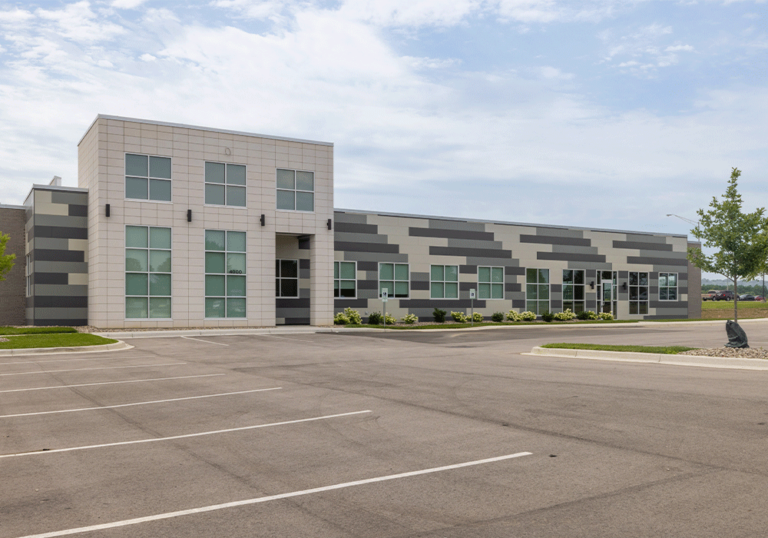Tooth Extractions
In some cases, it is in your best interest to have a tooth removed. We work to make tooth extractions as easy as possible so you can focus on recovering quickly.
The Tooth Extraction Process
in New Albany, IN
At Netter Family Dental, we want to help you keep all of your teeth. Even so, there are times when a tooth extraction is the best option for maintaining your oral health in the long term. Tooth extractions at Netter Family Dental are typically a fast process. The most critical part of this process is recovery. To encourage a proper healing process, we need to control the bleeding immediately following the tooth extraction. We will have you bite down on a gauze pad for 30 to 45 minutes after the extraction to form a blood clot. It is important to not disturb the blood clot for the next 24 hours. For the swelling, we recommend placing an ice pack on the outer cheek. Once the swelling has decreased, a warm compress can be placed in the same area for comfort. You can also gently rinse your mouth with salt water to keep the extraction area clean.
Call to Schedule
-
How do I prevent dry socket after tooth extraction?
To prevent dry socket (alveolar osteitis) after a tooth extraction, follow these tips:
- Follow Instructions: Adhere to your dentist’s post-operative care instructions.
- Avoid Straws: Don’t use a straw for at least 48 hours.
- No Smoking: Refrain from smoking or using tobacco for at least 72 hours.
- Eat Soft Foods: Consume soft foods and avoid chewing near the extraction site.
- Maintain Oral Hygiene: Gently rinse with a saltwater solution after 24 hours, avoiding vigorous rinsing or spitting.
- Take Medications: Use prescribed or over-the-counter pain relievers as directed.
- Rest: Rest and avoid strenuous activities for at least 24 hours.
Following these steps can help ensure proper healing and reduce the risk of dry socket. If you experience severe pain, contact your dentist immediately.
-
What can I eat after tooth extraction?
-
What causes the need for tooth extraction?
Tooth extraction may be necessary due to severe tooth decay, advanced gum disease, impacted teeth, overcrowding, trauma, or infection that doesn’t respond to other treatments. Additionally, extractions might be required to prepare for orthodontic treatments, dentures, or dental implants. Consulting with your dentist is the best way to determine if extraction is the right solution for your dental health needs.
More Questions?
If you have more questions about tooth extractions, please contact our office and we will be happy to discuss further. You can also request an appointment or see the other services we provide using the links below.

